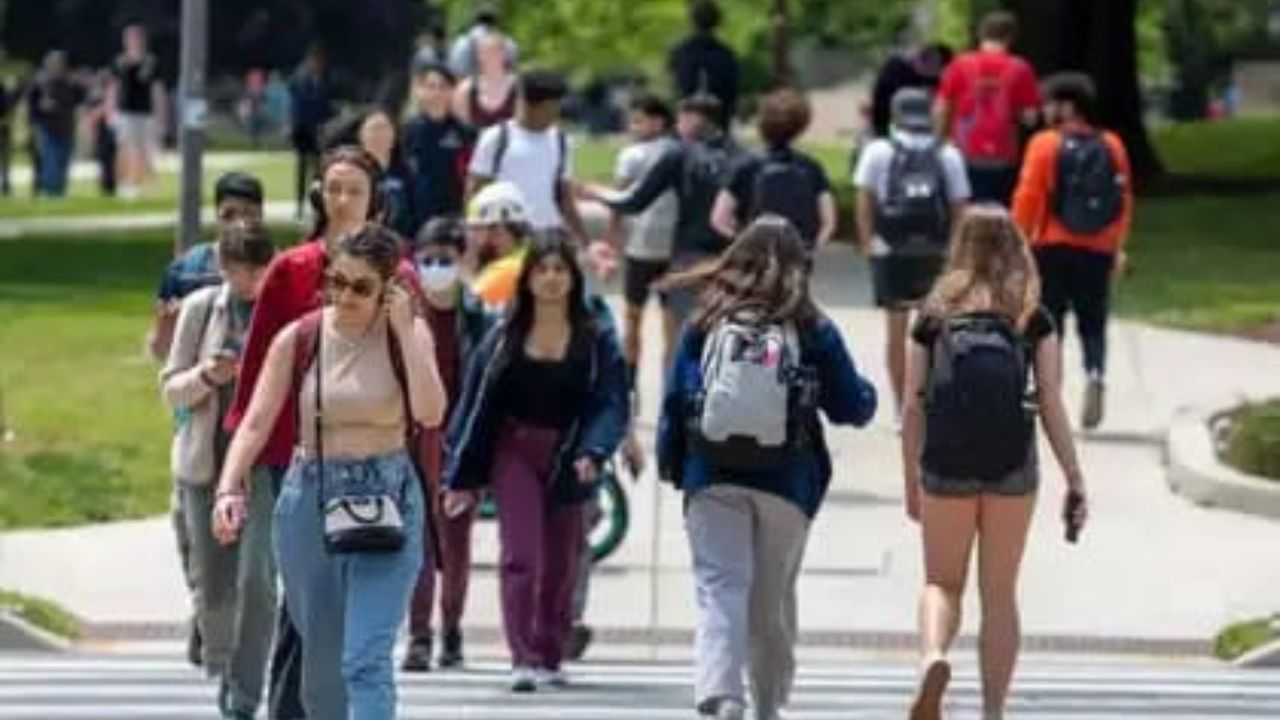Copenhagen, May 13, 2025 — In a significant shift to its immigration and education policies, Denmark has implemented new restrictions affecting international students from third countries enrolled in non-state-approved higher education programmes. Effective May 2, 2025, these students will no longer be allowed to work during their studies, stay in Denmark to search for jobs after graduation, or bring family members under accompanying residence permits.
The changes were formally announced by the Ministry of Immigration and Integration on April 30, 2025, as part of an amendment to the Executive Order on the granting of residence and work permits to students.
Who Is Affected?
The new rules will only apply to new residence permit applications submitted on or after May 2, 2025. Specifically, they target students enrolled in non-state-approved educational institutions, a category that includes private or independent programs that do not have full state recognition.
Under the revised regulations, these students:
- Will not be permitted to work during their studies in Denmark,
- Will not qualify for the six-month post-study job search period,
- Will not be allowed to bring accompanying family members (such as spouses or children) under their student residence permit.
Current Students and Ongoing Permits Unaffected
Importantly, the Ministry clarified that students who applied or were granted residence permits before May 2 will not be affected by the changes. These students will retain their current rights, including:
- Limited access to part-time work during their studies,
- The right to remain in Denmark for up to six months after graduation to search for employment,
- The ability to be accompanied by eligible family members.
Furthermore, these rights will continue for students who apply to extend existing residence permits. Family members who were granted residence permits before May 2 will also retain their rights during future extensions.
Government Justification
According to the Ministry of Immigration and Integration, the changes aim to ensure that residence permits are granted strictly for educational purposes, preventing misuse of the student visa system as a backdoor entry into the Danish labor market.
“This amendment ensures that only students with a genuine intent to pursue higher education in Denmark are granted study-related residence rights,” the Ministry stated.
The reform is in line with broader efforts by the Danish government to tighten immigration controls while safeguarding the integrity of the higher education system.
Sector Response
While the Danish government has emphasized the administrative and immigration control rationale behind the move, some education and migration experts have warned that the changes could reduce Denmark’s attractiveness as a destination for international talent, particularly in fields where private institutions play a significant role.
Observers are also watching how this change will impact smaller, niche educational providers that rely on a global student base.


